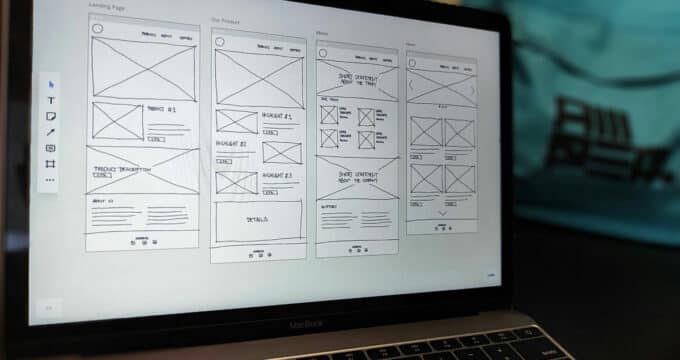The growing application of virtual reality in international student recruitment
- Driven in part by falling unit prices for VR headsets, virtual reality is poised to play a greater role in international recruitment going forward
Offering international student prospects a virtual reality (VR) experience once seemed out of reach for most schools and universities. Not anymore.
Thanks to new, lower-priced VR devices, the tantalising idea of offering prospective students a headset with which to enter a 3D world linked to your institution has entered the realm of the possible. Students can interact with situations, people, and settings in computer-generated environments that promote your destination, campus, and programmes.
The Oculus Quest 2, for example, has been purchased by millions of people around the world. Buying Quest 2 devices and placing them in the hands of top agents or partner schools in key markets, is ever-more within reach. Doing so paves the way for engaging multiple students and families, and it positions your institution as innovative and cutting-edge in target markets.Even more affordable options are available, such as Google Cardboard sets (well under US$50). Students pop their phones into these headsets to “visit new places, play immersive games, fly through space, and more,” says Google.
Participating, not just watching
Virtual reality headsets such as the Quest 2 allow students to enter into spaces and participate – not just watch – aided by accompanying handheld devices that allow participants to use their hands and arms to perform actions.
In a traditional virtual tour, students might “visit” a famous restaurant in a destination city. But with a Quest 2 or equivalent device, they can walk into the restaurant, select from the menu, interact with the server, and then settle in at a table alongside students from other nations. VR allows them to truly have a complete experience.
Google Cardboard offers a highly immersive viewing experience, but unlike the Quest 2, it does not offer participants choice or interaction within the experience because it does not come with handheld devices. If affordability is an issue, however, Google Cardboard is a great option to allow prospects to sample your institution through VR.
Institutions and schools are already using VR to allow students to participate in:
- Labs and field environments (for STEM students);
- Internship positions in which they have to make real-time choices;
- Medical procedures, as if they were right beside a surgeon;
- Clinics, where they can assess injuries and suggest treatments (for physiotherapy students);
- Art classes;
- School graduation ceremonies;
- Tours of different residence halls and dining areas;
- Walks down famous streets in university towns.
A case study from New Zealand
In New Zealand, the Go with Tourism Education Programme has created a 10-minute 360-degree virtual reality experience to convince high-school students that a career in tourism and hospitality is a compelling choice. The fun simulation is strategically grounded in concrete business objectives.
Headset-wearing students see opportunities for jobs in the industry through the eyes of an undercover agent tasked with preventing a catastrophic event. They are jettisoned from planes and bridges, thrown into a bustling commercial kitchen, immersed in a haka performance, and more.
New Zealand’s tourism and hospitality sector has been battered by the pandemic. But, as Go with Tourism programme director Matt Stenton explains, “We are at risk of not having enough talent for our industry when we recover. If we don’t feed the funnel at the secondary school level, we may find ourselves in a worse position than prior to COVID-19.” Through the VR initiative, he adds, “We bust myths, introduce students to a hugely diverse workforce, and are now entertaining them through this amazing new technology, which has already received an overwhelmingly positive response from the schools we’re in contact with.”
That is no doubt a message that can resonate with educators and agents across all sectors given increasing efforts to recruit international students for a more diverse set of programmes than in the past (e.g., outside of reliably popular fields such as business administration or engineering), and especially for fields linked to local labour market needs.
For additional background, please see:















